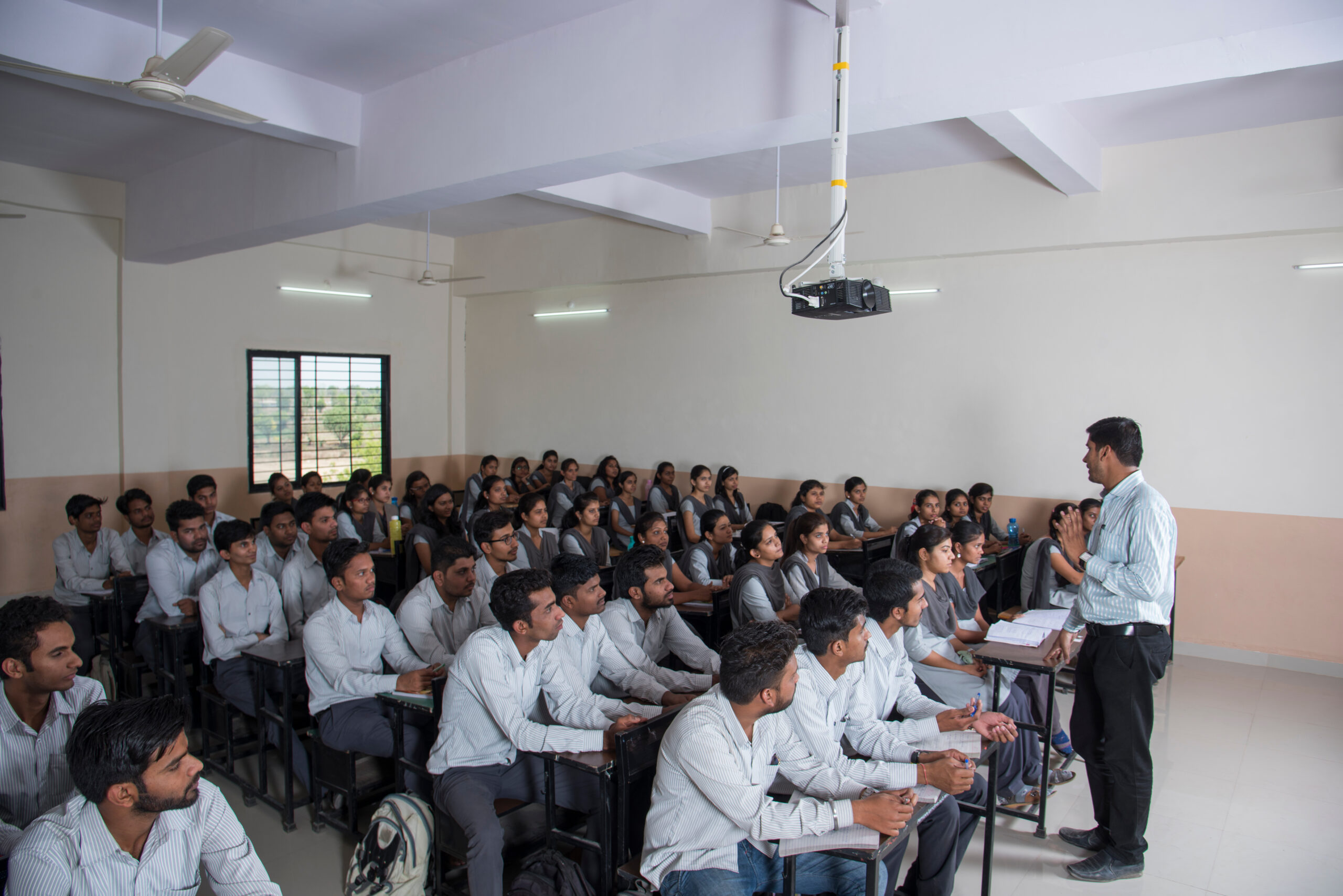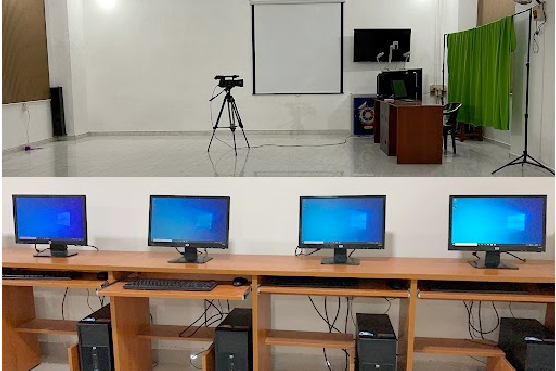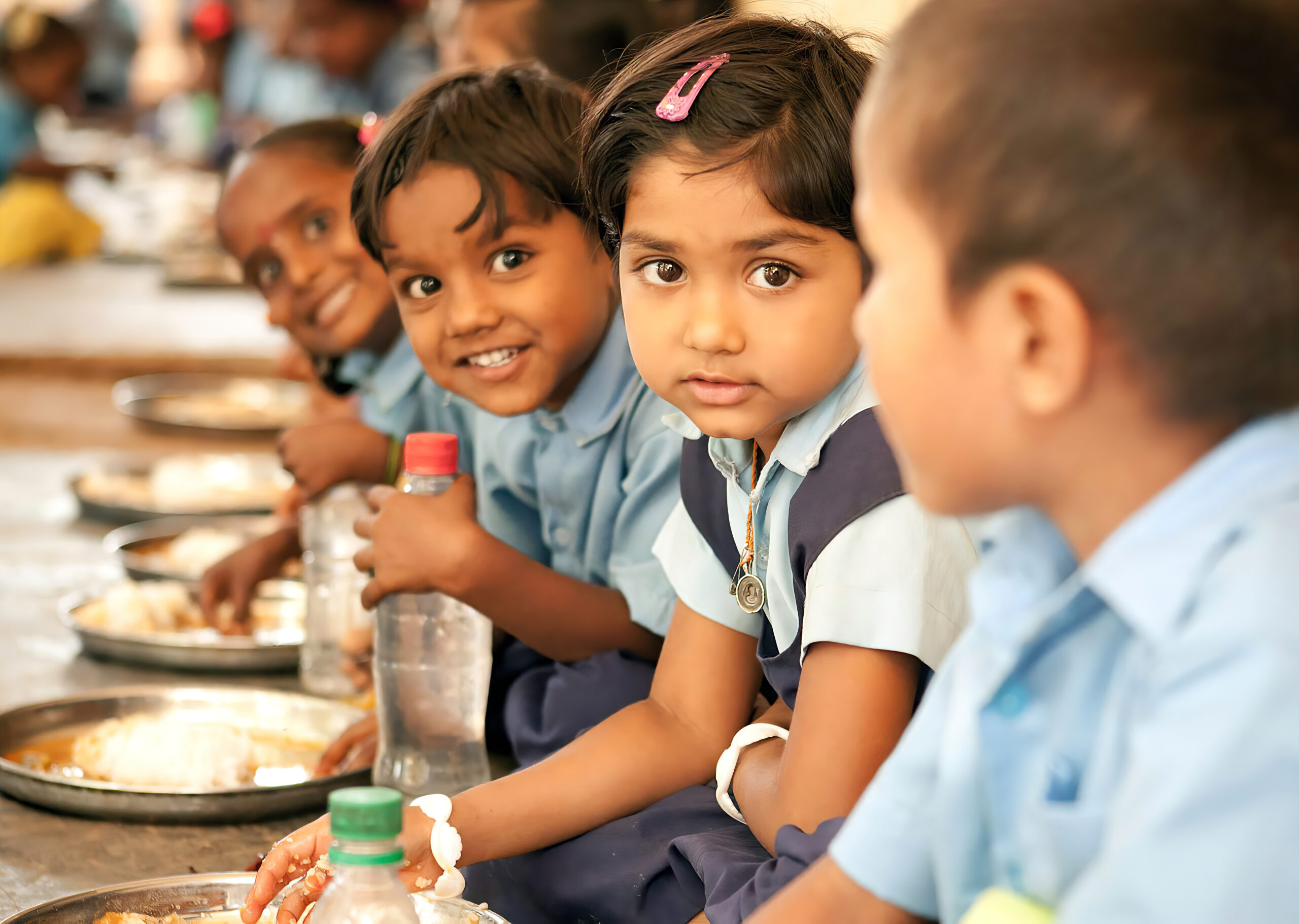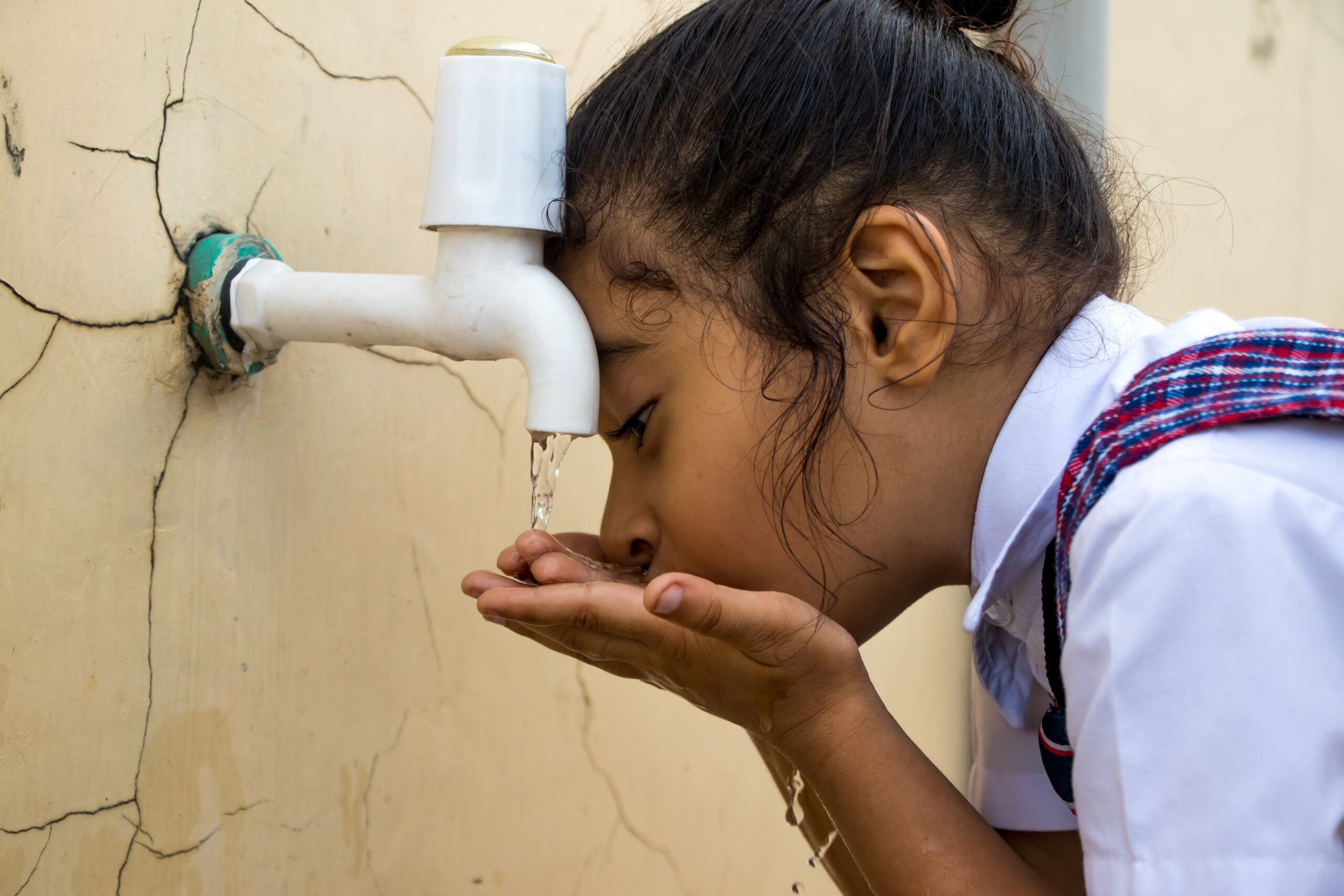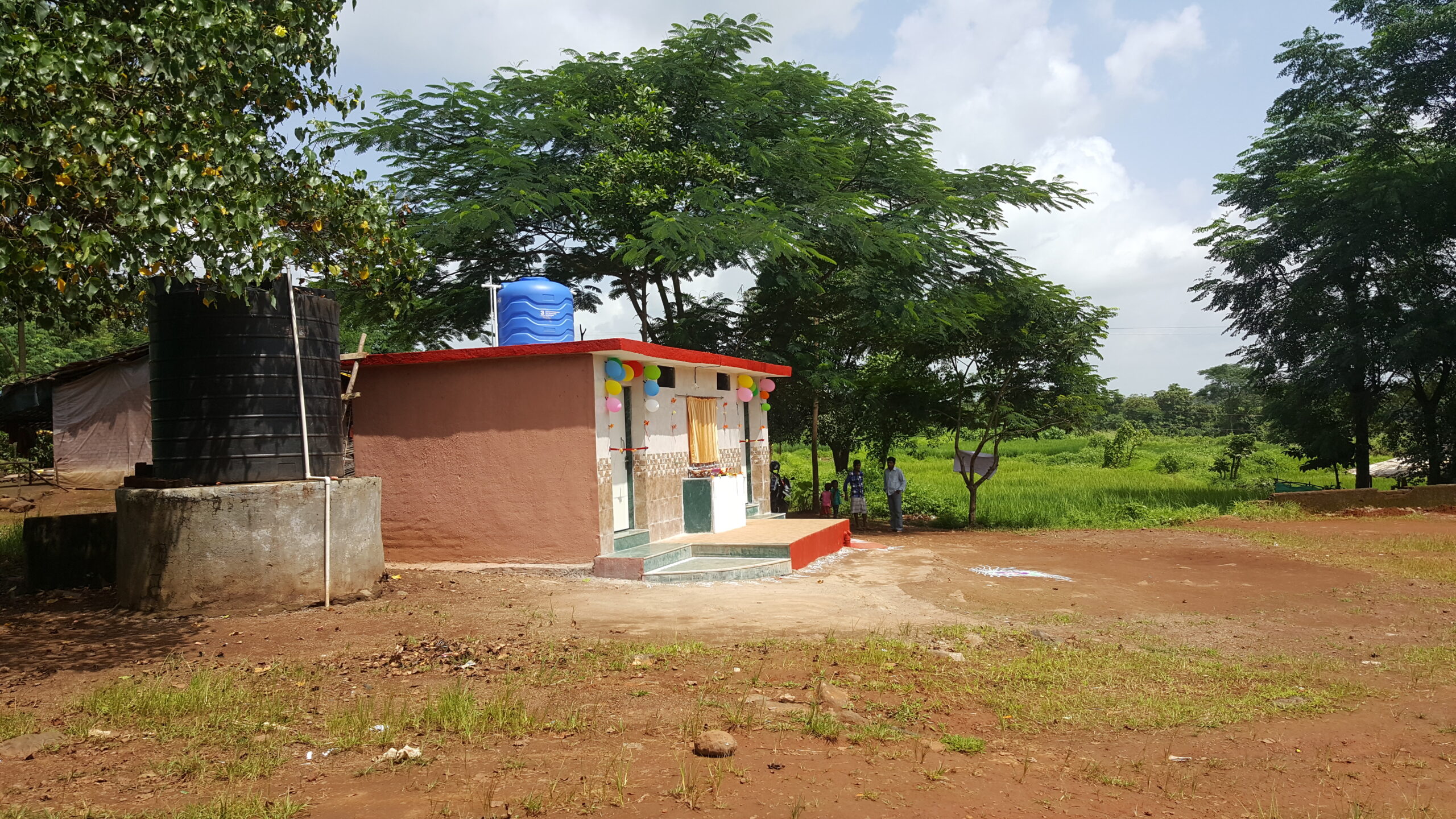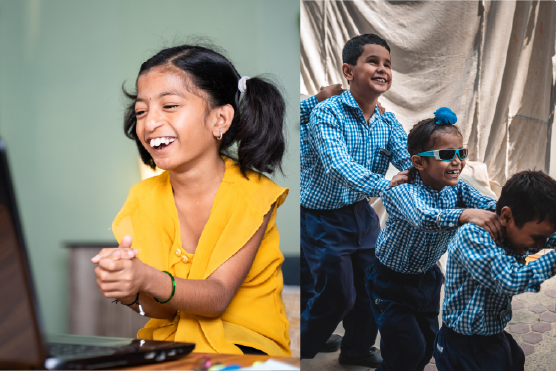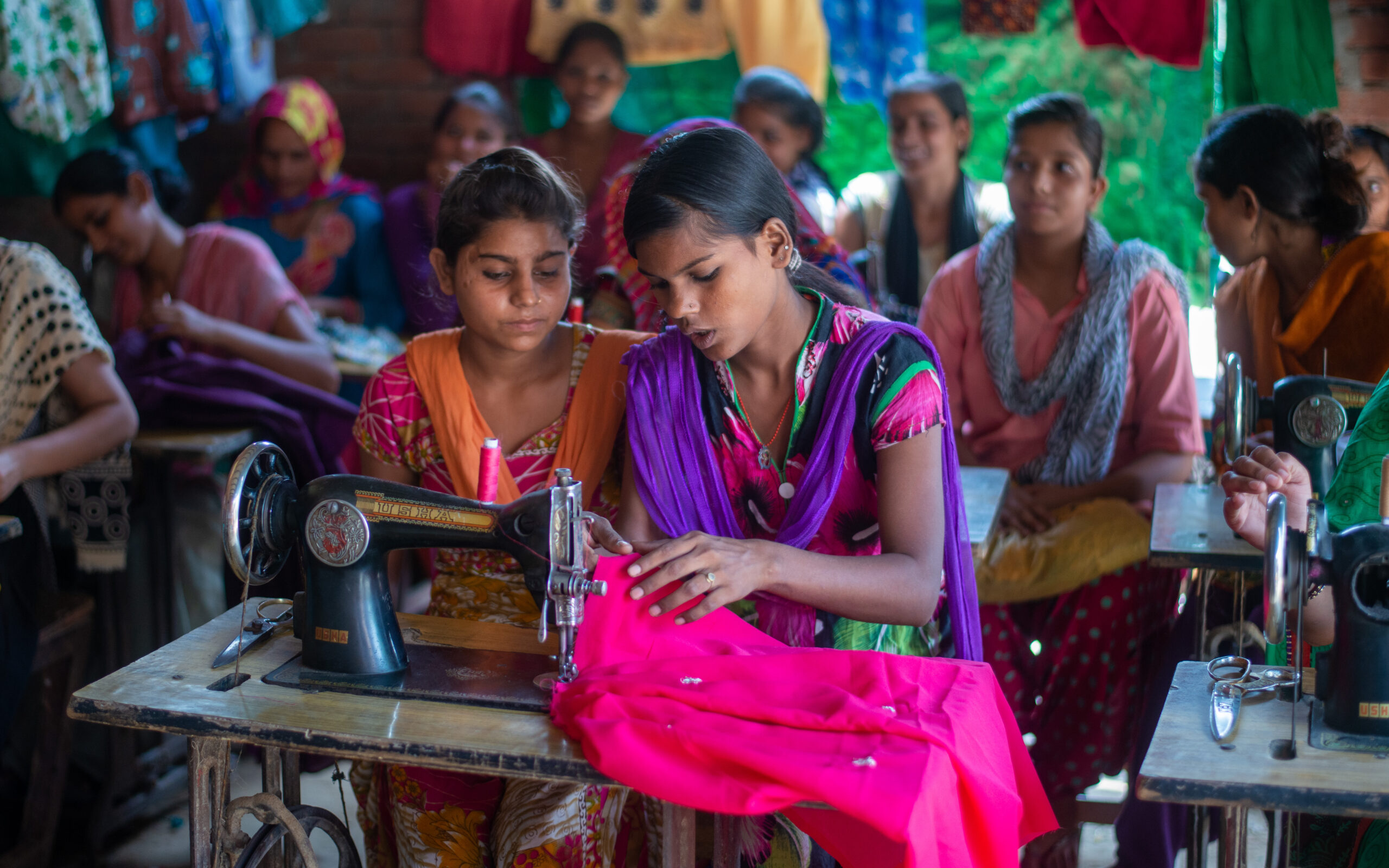“To rise to the challenges of our time, a move towards more inclusive education is imperative. Rethinking the future of education is all the more important following the Covid-19 pandemic, which further widened and put a spotlight on inequalities. Failure to act will hinder the progress of societies.”
Director-General of UNESCO Audrey Azoulay
The Samatvam Trust aims at strengthening the structure and content of education to increase school enrolment, reduce absenteeism, and minimise student dropouts.







